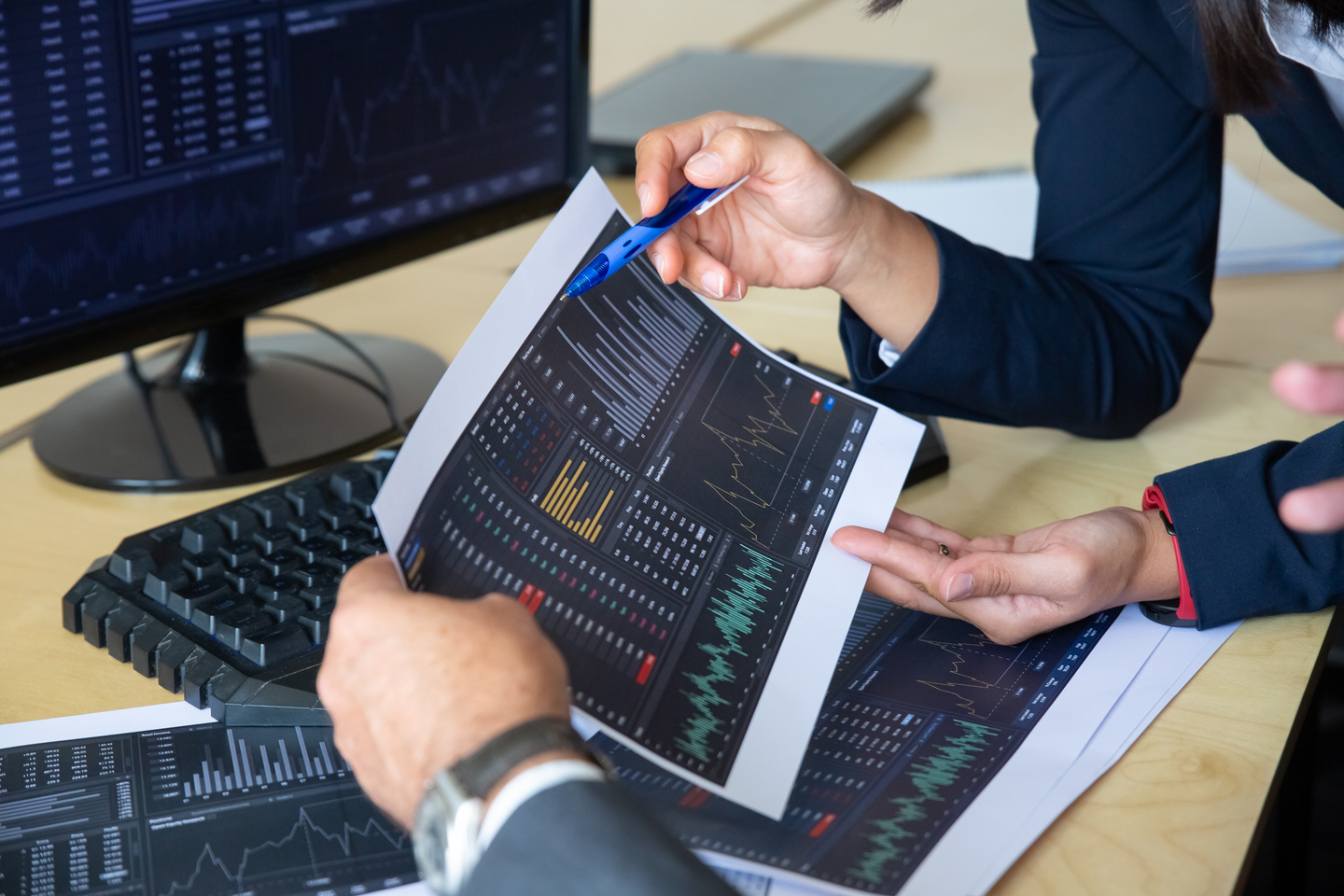A Step-by-Step Forex Trading Course for New Traders and Capitalists
A Step-by-Step Forex Trading Course for New Traders and Capitalists
Blog Article
Understanding the Basics of Currency Exchange in Today's Global Market
In a progressively interconnected worldwide economy, understanding the principles of currency exchange is crucial for stakeholders throughout different industries. As central financial institutions put in impact and technological developments improve currency trading, the ramifications for international commerce are far-reaching.
The Essentials of Money Exchange
Money exchange is a fundamental facet of the global economic climate, promoting global trade and financial investment. It involves the conversion of one currency into an additional and is crucial for services, federal governments, and individuals that take part in cross-border purchases. The money exchange process takes place in the international exchange market (Foreign exchange), which is the biggest and most fluid financial market on the planet, running 1 day a day, 5 days a week.
At its core, currency exchange is driven by supply and demand characteristics. Money are sold pairs, such as EUR/USD or GBP/JPY, and the exchange rate between them suggests exactly how much one money is worth in regards to an additional. This rate varies continually as a result of trade circulations, capital motions, and other market activities.
Individuals in the Foreign exchange market range from big banks and international firms to private investors and travelers. Each individual may have different goals, such as hedging versus currency exchange rate danger, guessing on currency activities, or promoting worldwide purchases. Recognizing the fundamentals of money exchange is important for making informed decisions in the international market, as currency exchange rate can significantly affect the cost of goods and services, investment returns, and financial security.
Aspects Influencing Exchange Fees
Currency exchange rate are shaped by a complex interplay of numerous financial aspects, mirroring the family member toughness and stability of nationwide economic climates. Secret among these aspects is rate of interest rate differentials. Greater rate of interest supply lenders much better returns about various other countries, bring in even more foreign capital and creating the money to appreciate. Conversely, rising cost of living prices play an important role; currencies in countries with reduced inflation rates tend to value as acquiring power rises family member to higher-inflation economies.
In addition, profession balances influence money value. A nation with a substantial trade surplus typically sees its currency appreciate due to increased foreign demand for its products and solutions, while a profession deficit can deteriorate the currency.
Political stability and financial performance are vital too; countries regarded as low-risk locations for investment often tend to see their currencies appreciate. forex trading course. Market speculation can also drive currency exchange rate changes, as traders expect future motions based on current financial indications and geopolitical events. These elements jointly add to the dynamic nature of currency exchange rate in the international market
The Role of Reserve Bank

Reserve banks additionally involve in forex treatments to fix excessive volatility or misalignments pop over to these guys in currency exchange rate. These treatments might entail acquiring or selling foreign currencies to maintain a desired currency exchange rate degree. In addition, main banks hold significant forex gets, which can be this deployed tactically to sustain their currency.

Innovation and Currency Trading
While reserve banks shape the overarching landscape of money exchange, technical developments have actually changed the technicians of money trading itself. The expansion of digital systems has democratized accessibility to fx markets, allowing specific investors to take part along with institutional investors. On-line trading platforms, furnished with real-time data and logical devices, assist in informed decision-making and have actually added to increased market liquidity.
Mathematical trading, powered by advanced software, has revolutionized the rate and efficiency of currency trading. Algorithms carry out trades based on predefined standards, decreasing human intervention and decreasing the time called for to take advantage of on market activities.
Blockchain innovation likewise assures a transformative effect on money trading. By guaranteeing openness and lowering transaction expenses, blockchain can improve settlement processes, potentially mitigating dangers related to conventional trading approaches. Moreover, cryptocurrencies, underpinned by blockchain, have presented a new measurement to money trading, prompting market individuals to adjust to an evolving financial environment. As technology proceeds to advance, its influence on currency trading will likely deepen, shaping future market characteristics.
Effect On Global Trade
In the interconnected landscape of international trade, money exchange plays an essential role in shaping economic relationships in between countries. A strong money can make a country's exports a lot more pricey and less appealing on the worldwide stage, potentially decreasing market share.
Currency changes can also result in financial uncertainties, making complex long-term preparation for international corporations. Businesses commonly hedge versus these threats with financial instruments to stabilize expenses and revenues. Exchange rates influence foreign straight investment (FDI) decisions, as capitalists seek beneficial conditions to maximize returns, affecting resources streams throughout click site borders.
Additionally, governments make every effort to preserve steady exchange prices to promote predictable trading conditions, in some cases interfering in fx markets to accomplish economic objectives. Reserve banks might change rate of interest or implement financial plans to affect money stamina, thereby influencing trade characteristics.
Verdict
A comprehensive understanding of currency exchange basics is critical for browsing the intricacies of the global market. Exchange rates, shaped by rates of interest, rising cost of living, and economic growth, are critical in establishing money appraisals. Central banks play an essential role in affecting these rates, while developments in innovation have transformed money trading. Understanding these aspects is crucial for reliable financial preparation and risk management, as money variations substantially affect worldwide profession and financial investment strategies in an interconnected financial setting.
Report this page